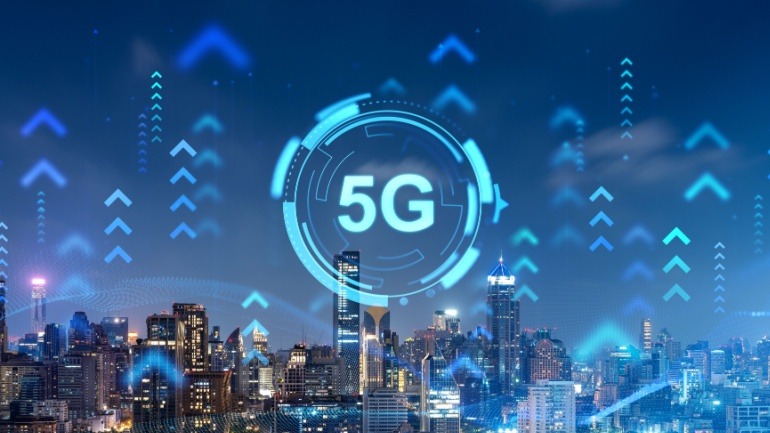Equinix boosts its renewable energy portfolio with a new power purchase agreement (PPA) with Sembcorp Power. This strategic move secures 58.5 MWp of solar energy in Singapore, advancing the commitment to sustainability.
Equinix is investing USD $260 million to develop SG6, a sustainable data center in Singapore, designed for AI and compute-intensive tasks. Featuring renewable energy, liquid cooling, and rainwater harvesting, SG6 aligns with Singapore’s Green Plan 2030.
NTT Group is exploring a billion-dollar Real Estate Investment Trust in Singapore, potentially featuring $3 billion in data center assets. This initiative could raise $1 billion, marking it as Singapore’s largest IPO since 2017.
DIDWW, a leading global provider of premium quality two-way VoIP and SMS communications, has announced the expansion of its SIP trunking services, now offering local termination in Japan and Singapore. This strategic move reinforces the operator’s commitment to providing comprehensive coverage and robust communication solutions to businesses across the Asian region. The DIDWW SIP trunking solution serves as an efficient alternative to traditional telephony, leveraging a private, global IP network to deliver services with solid reliability and scalability. With virtually unlimited call capacity and flexible SIP trunk settings, customers can make truly local calls in Japan and Singapore while seamlessly connecting their local or international business communications. The recent additions to DIDWW local dialing coverage extends the availability of the company’s local termination service to 44 countries. In addition, the carrier’s SIP trunking solution offers numerous benefits, including a high level of audio quality and emergency calling capabilities in certain…
Singapore has long been known as the south-east Asian center for network expansion, due to its booming data center industry. The technology giant Google has revealed plans to expand their network in the region by building a 3rd data center in Jurong West, thereby increasing their long-term investment in Singapore’s data centers to $850 million. Google’s first data center was built in Singapore in 2011, followed by the second in 2015, while the 3rd building is expected to be ready by 2020. “In the three years since our last update, more than 70 million people in Southeast Asia have gotten online for the first time, bringing the region’s total to more than 330 million–that’s more than the population of the United States,” commented the vice president of Data Centers at Google, Joe Kava. The newest facility will be built nearby the previous two, and will continue Google’s environmentally friendly approach…
M1 will start testing 5G small cells at the end of the year. Those trials will be conducted in partnership with the Finnish company, Nokia. The main goal of those tests will be to give informations on the best way to install 5G small cells for a commercial purpose in a “dense cell grid architecture” and to validate the efficiency of low-latency for the “Internet of Things”. Denis Seek, CTO of M1 stated, “The practical learning from early 5G field trial is critical for the success of developing high-performance and demand-driven 5G services for our customers in future and enables us to play a key role in Singapore’s Smart Nation initiatives.” If Nokia has been working with M1 on network trials since 2016, it won’t be the only company working with the operator. The Chinese tech giant Huawei will also run trials with M1 by testing the 28GHz mmWave spectrum…
Alibaba Cloud is accelerating its global expansion with new data centers in Malaysia and the Philippines and a $52.7 billion investment in infrastructure. The launch of its AI Global Competency Center in Singapore highlights its push to train talent and deploy AI across industries.
Singtel is revolutionizing global IoT solutions with floLIVE’s distributed core network. This strategic collaboration enables seamless eSIM-based services for over 190 markets. Targeting the automotive sector, Singtel’s approach is a game-changer, offering innovative multi-domestic connectivity that adheres to strict regulatory standards.
M1’s partnership with Ericsson promises to revolutionize Singapore’s 5G transport network by integrating cutting-edge automation and analytics tools. This collaboration focuses on enhancing network visibility, control, and energy efficiency, making use of AI and machine learning. M1’s initiatives are set to boost connectivity, sustainability, and enterprise efficiency.













